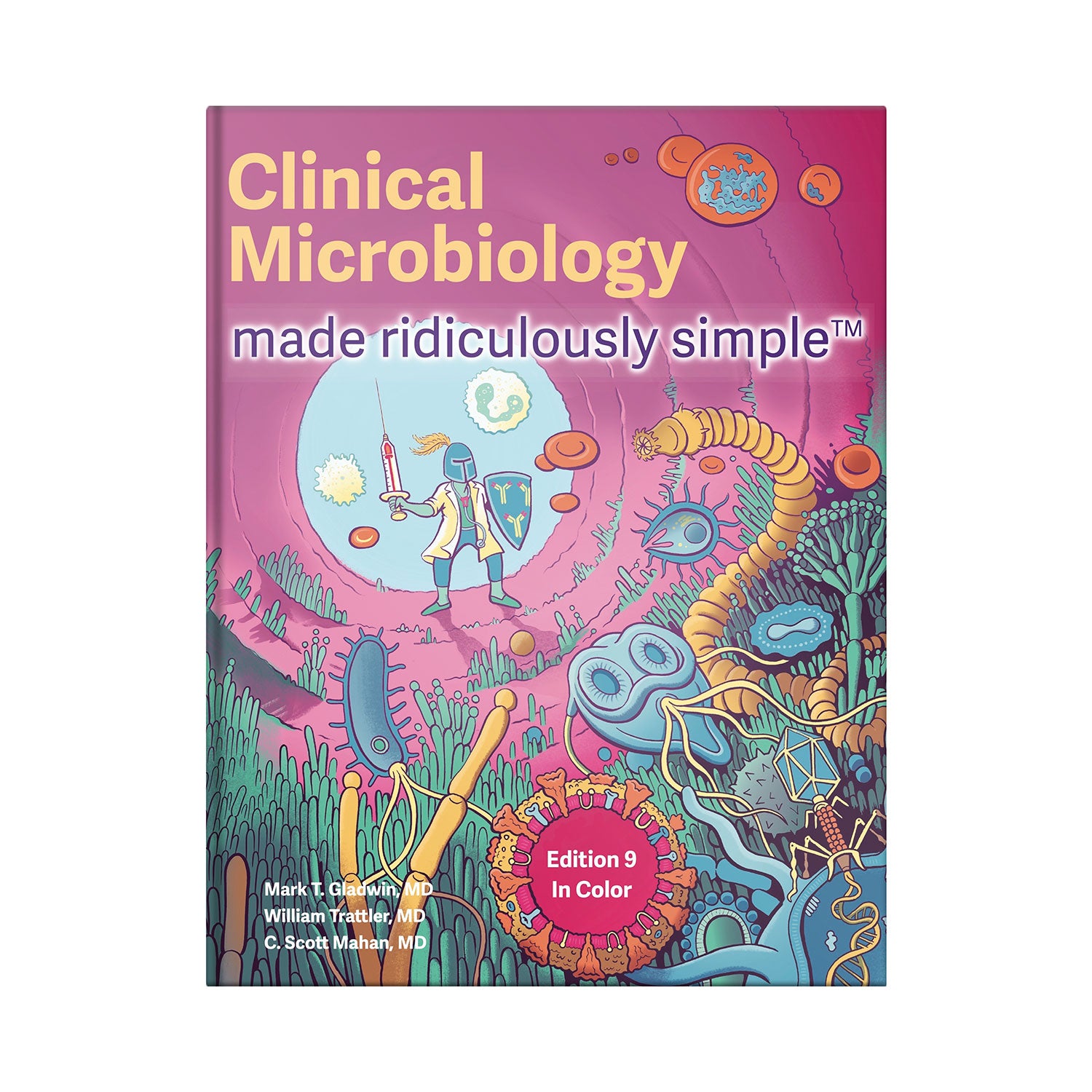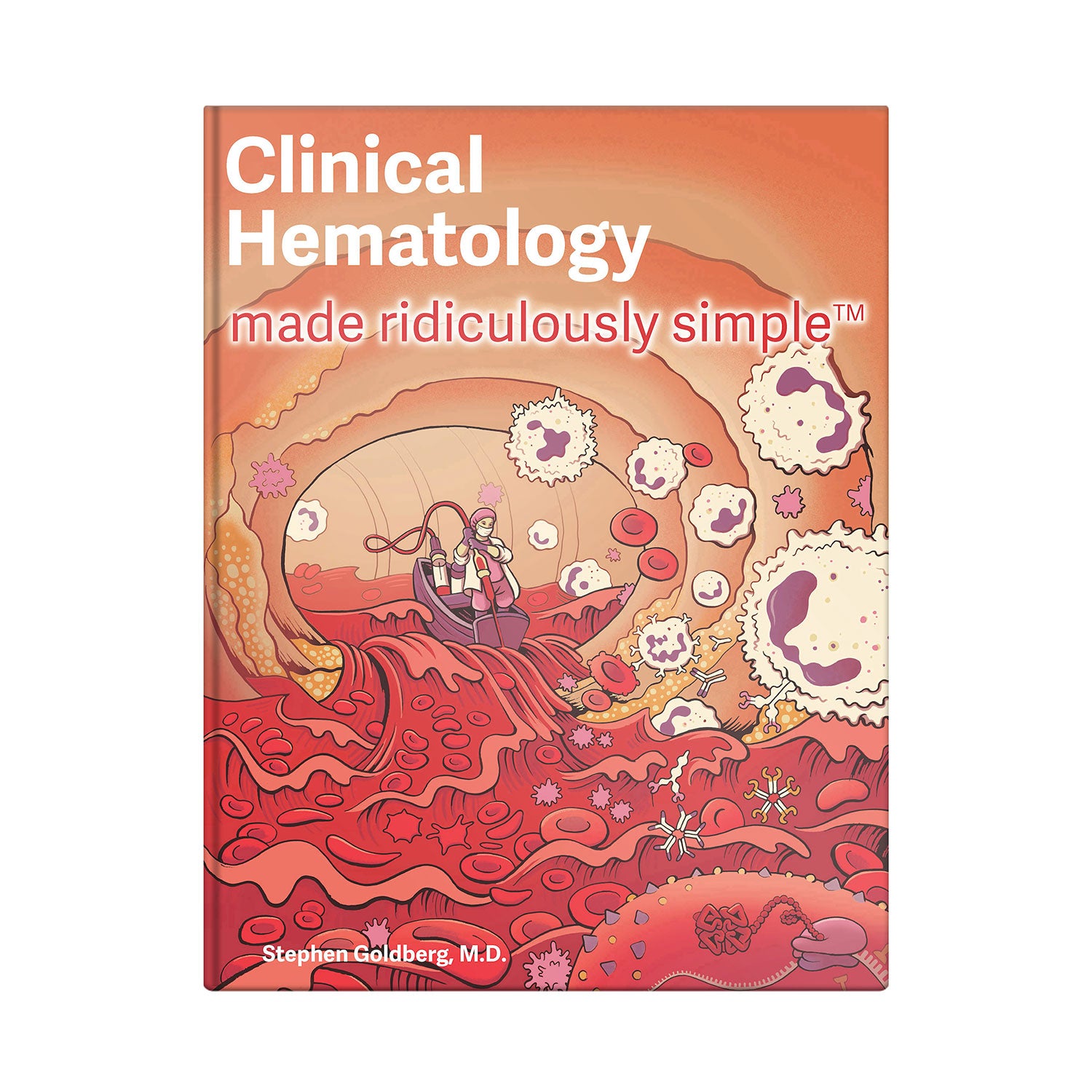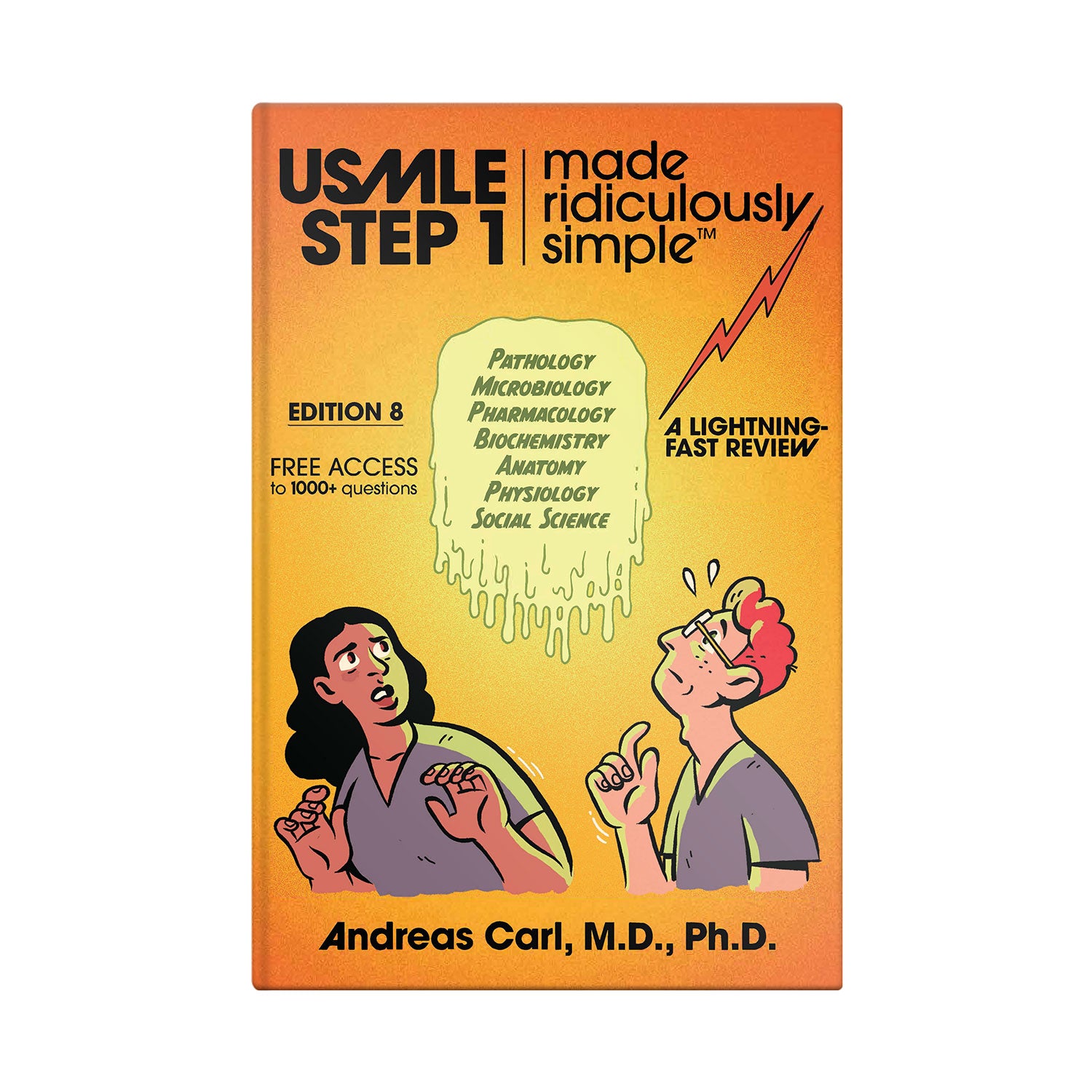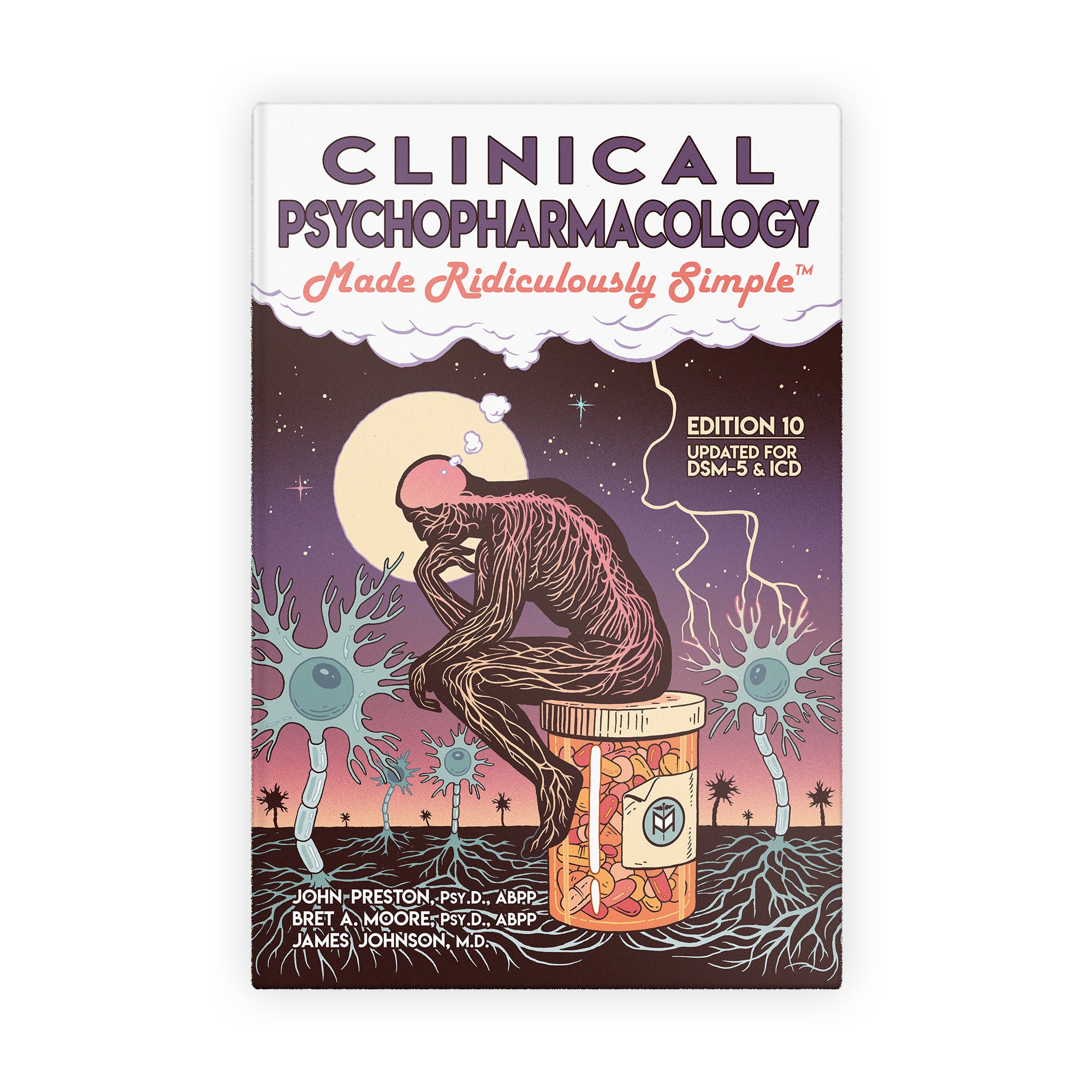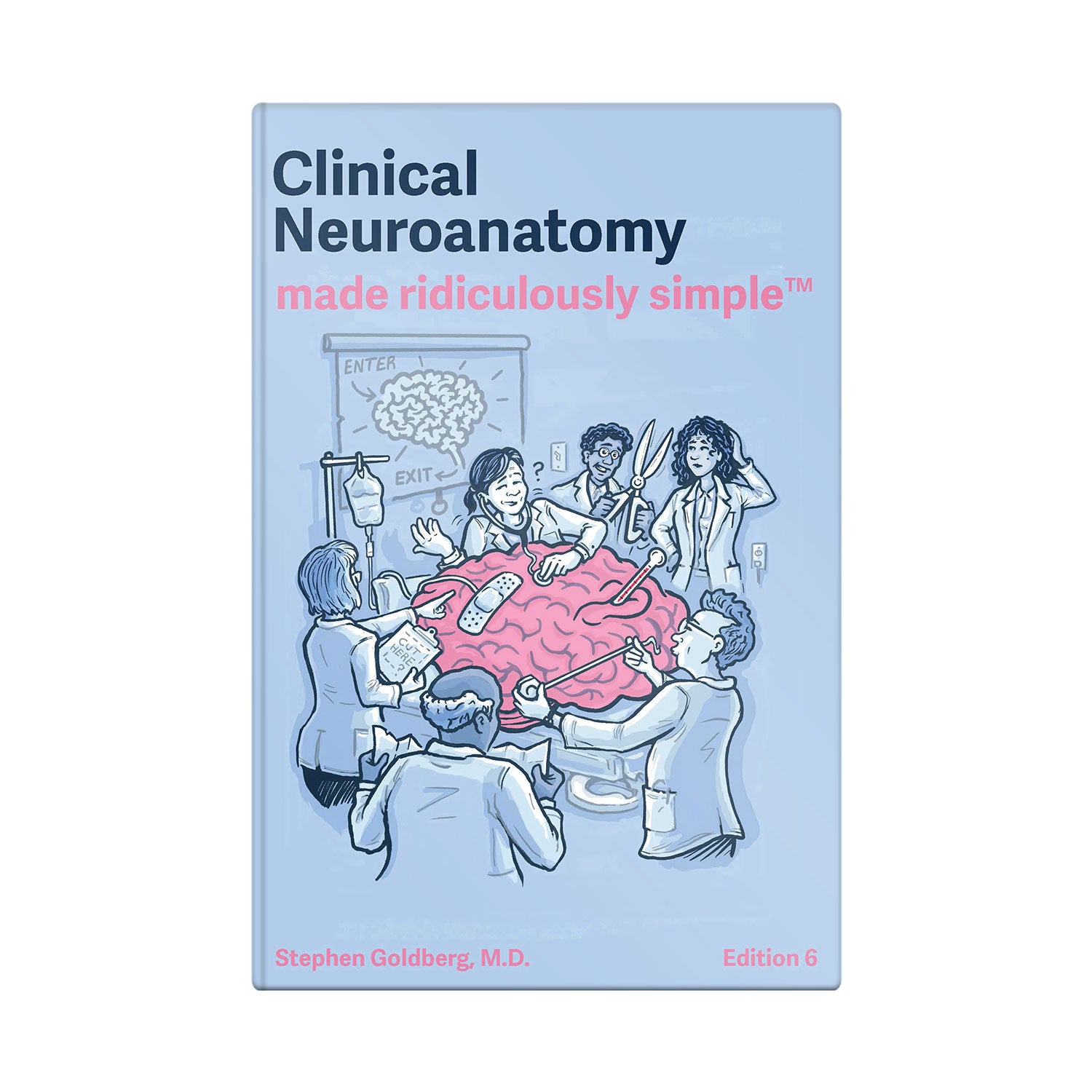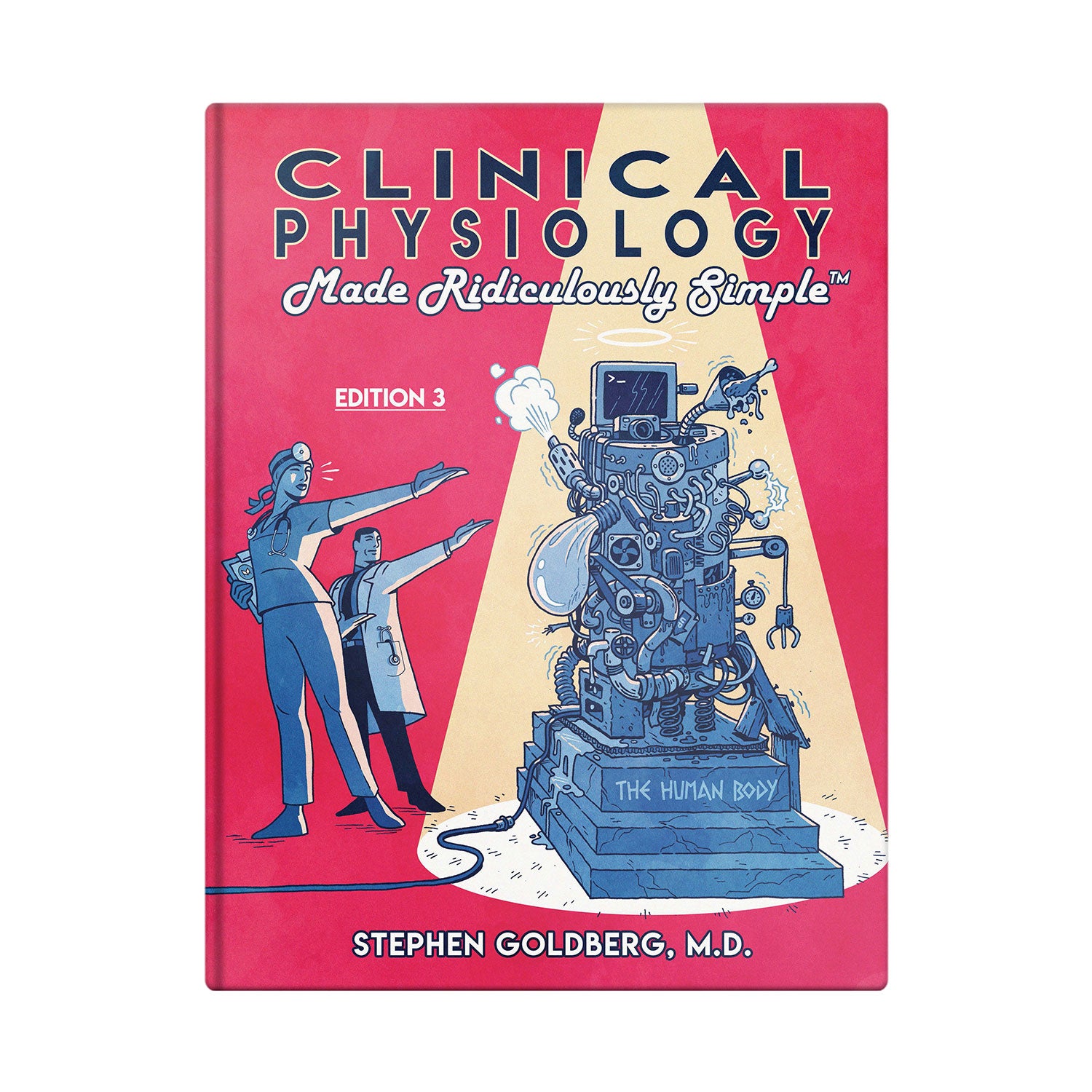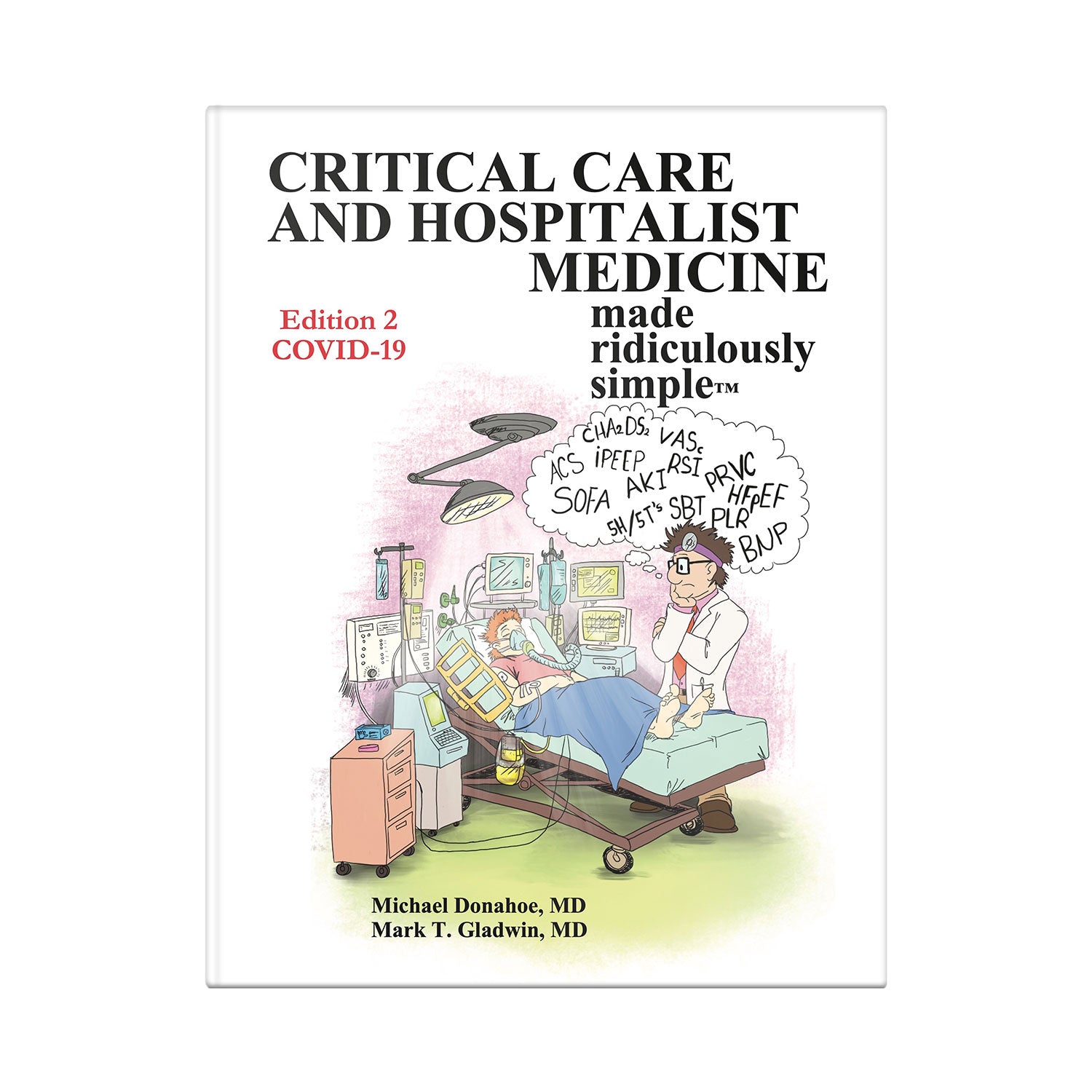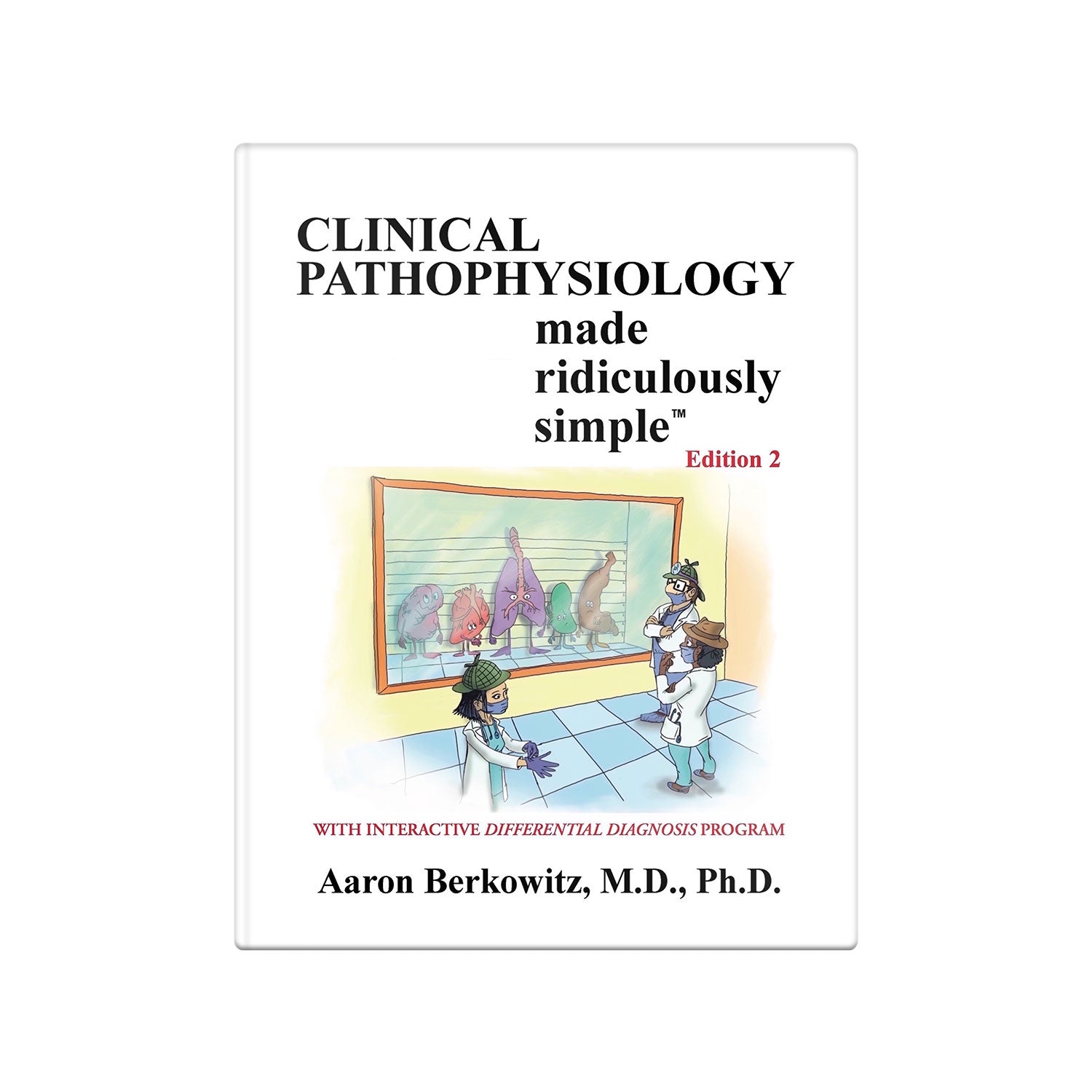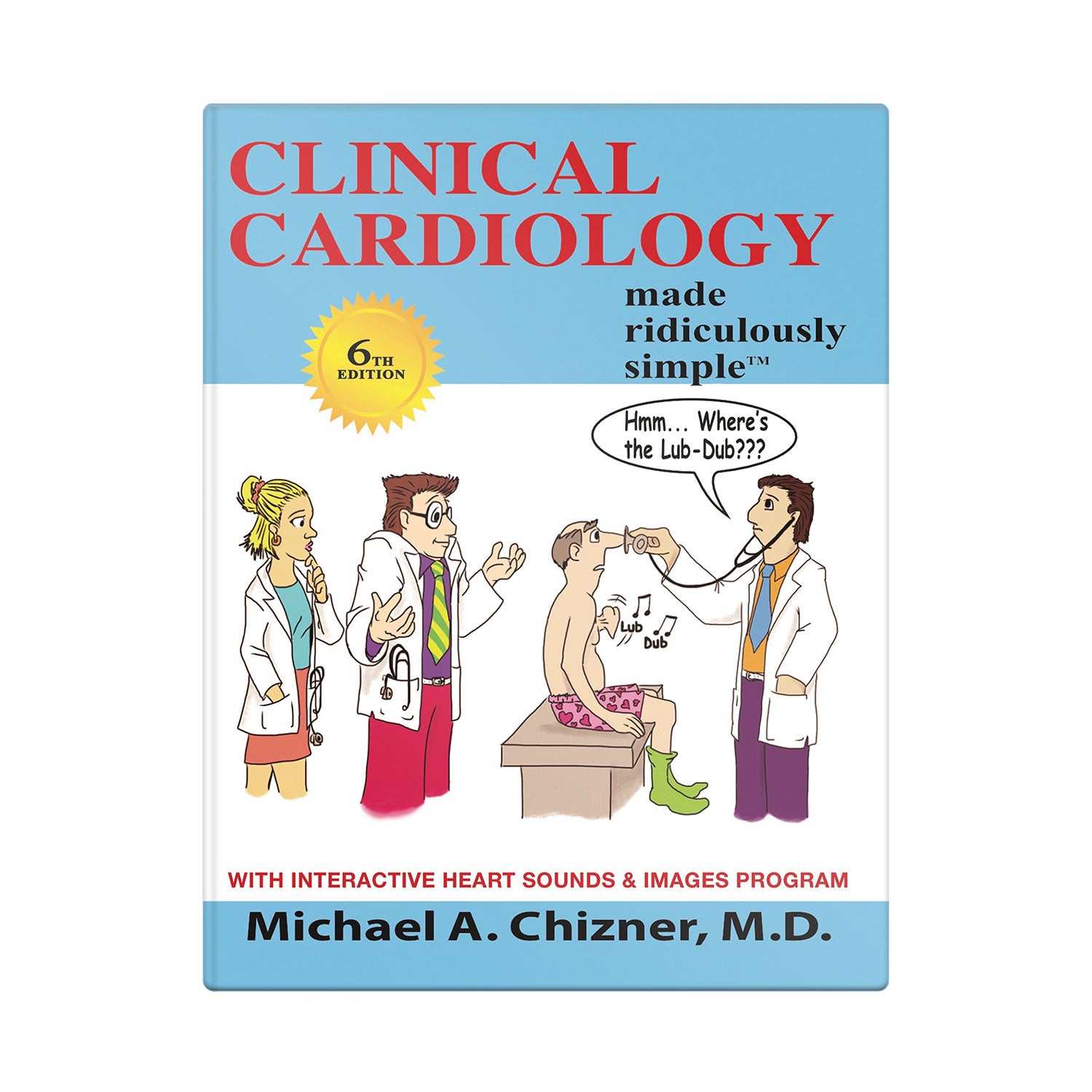
The Best Medical Apps
There are over 5,000 medical apps, which are continually evolving.
The term “app” (application) generally refers to a small, specialized program that is downloaded onto a hand-held (mobile) device such aåçs an iPhone or tablet, although the term is also used for laptop and desktop computers.
Treatment that works for one patient does not necessarily work for another.
There are over 5,000 medical apps, which are continually evolving. There can be “app overload,” where many apps are downloaded, but few are used. What sort of apps should you look for?
Ideally, a medical app for a mobile device should provide rapid, useful information at the bedside or office visit (“point-of-care”) in such areas as:
- Drugs (dosages, side effects, drug interactions)
- Differential diagnosis
- Current workup and treatment
- Lab values
- Calculation formulas and algorithms
- Specialty items such as heart sounds, EKGs, dermatologic diagnosis, radiologic images, and vision testing, depending on your needs.
The top 5 applications that are favored by students at Harvard Medical School are:
- Epocrates:provides drug dosages, drug side effects and interactions, pill ID, lab values, calculation formulas, and algorithms.
- VisualDx Mobile: contains dermatologic images and diagnosis algorithms.
- Dynamed: provides up-to-date approaches to diagnosis and treatment.
- Unbound Medicine uCentral: has many apps that can be combined and customized for your particular needs and interests.
- iRadiology: shows a compendium of radiologic images.
I add a few more:
- WebMD provides a rapid guide to symptoms, conditions, drugs and treatments, including first aid information.
- Medscape provides information about drugs, including over-the-counter and herbal medications, diseases and conditions, procedures and protocols, and drug interactions.
- MurmurPro offers a set of heart murmurs.
- Vision Test provides vision tests.
- Mediquations: While Epocrates offers calculation formulas, Mediquations provides more formulas and actually does the calculations.
In addition to the above apps, there are also Internet medical search engines that can look for reliable and specialized information, as opposed to the sometimes unreliable information that is found through general search engines, such as Google. A list of these search engines can be found at the MedMaster website, which also offers a downloadable app, called MedSearcher (free), which allows quick access to the major medical search engines. MedSearcher presently is only available for computer use on Mac and Windows.
All the above apps offer isolated point of information. Apart from individual facts, it is also important to have a general understanding of the subject and field. This requires a fair amount of reading, which for many students would be tedious on a small hand-held mobile device like an iPhone. It would require a print book or an eBook reading tablet. MedMaster specializes in books that promote understanding.
Do you have a favorite app that you would like to share? Please feel free to comment.
The Goldberg Files
The Goldberg Files is based on the struggles of Dr. Goldberg as well as those of his many students which he observed while teaching medical school for 25 years. This extensive blog is dedicated to assisting students in dealing with the stresses of medical education. Want to learn more?


